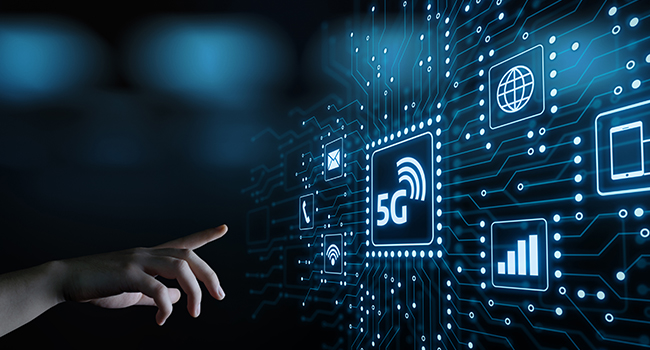
New Zealand Bars Chinese Firm’s 5G Rollout Due to Security Concerns
Huawei, the world’s biggest producer of telecoms equipment, has faced pushback from governments due to concerns that its technology could be used for unsavory purposes such as spying.
- By Jessica Davis
- Nov 29, 2018
Due to concerns about national security, New Zealand has blocked a proposal to use telecoms equipment made by the Chinese company Huawei.
Several countries are currently building 5G networks. Huawei, the world’s biggest producer of telecoms equipment, has faced pushback from governments due to concerns that its technology could be used for unsavory purposes such as spying.
Spark New Zealand, a telecoms firm, had planned to use Huawei equipment when building its 5G network. According to Sparks, New Zealand Government Communications Security Bureau (GCSB) told the company that their proposal “would, if implemented, raise significant national security risks.”
Intelligence Services minister Andrew Little said Spark New Zealand could work with the agency to reduce the risks to national security.
"As the GCSB has noted, this is an ongoing process. We will actively address any concerns and work together to find a way forward," Huawei said.
The block follows a decision by Australia to block Huawei and Chinese firm ZTE from providing 5G technology for its wireless networks due to national security concerns. Concerns have also been raised by the United States, United Kingdom, German, Japan and Korea.
Tom Uren, visiting fellow in the International Cyber Policy Centre at Australia's Strategic Policy Institute, said the Chinese government had "clearly demonstrated intent over many years to steal information".
Concerns about Chinese companies like Huawei have increased due to new laws introduced last year requiring Chinese organizations to assist in national intelligence efforts. The laws mean the Chinese government can compel people and potentially companies to work with them, according to Uren.
"It's hard to argue that [companies like Huawei and ZTE] don't represent an elevated risk," Uren said.
About the Author
Jessica Davis is the Associate Content Editor for 1105 Media.